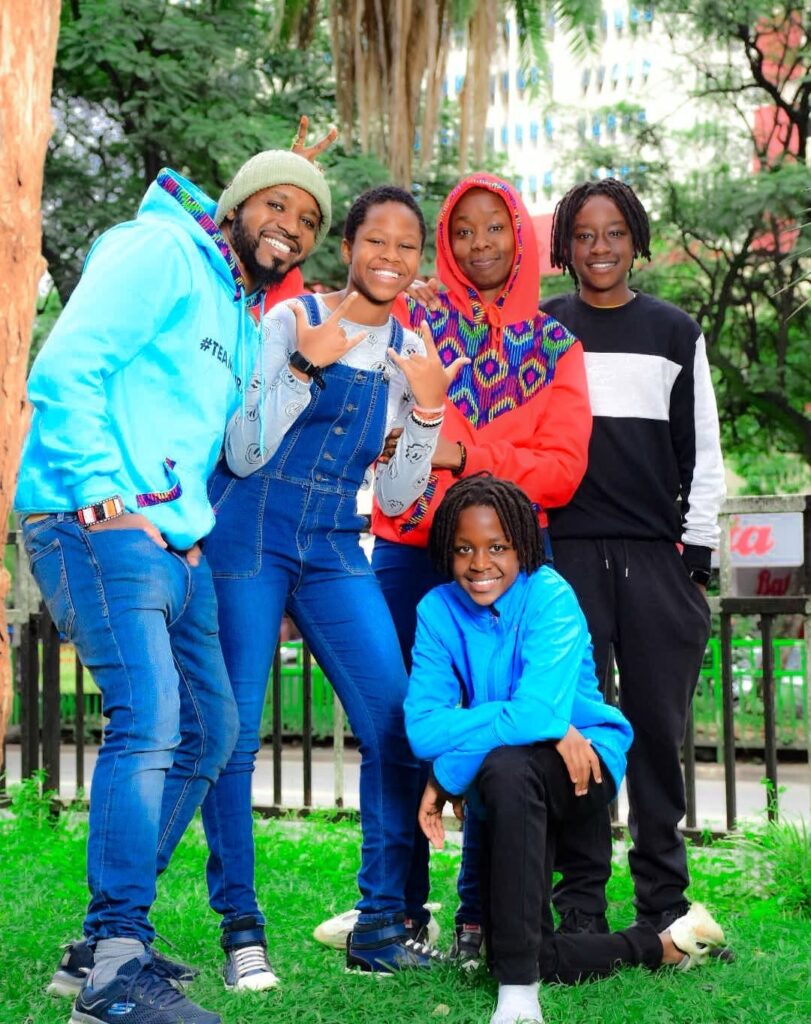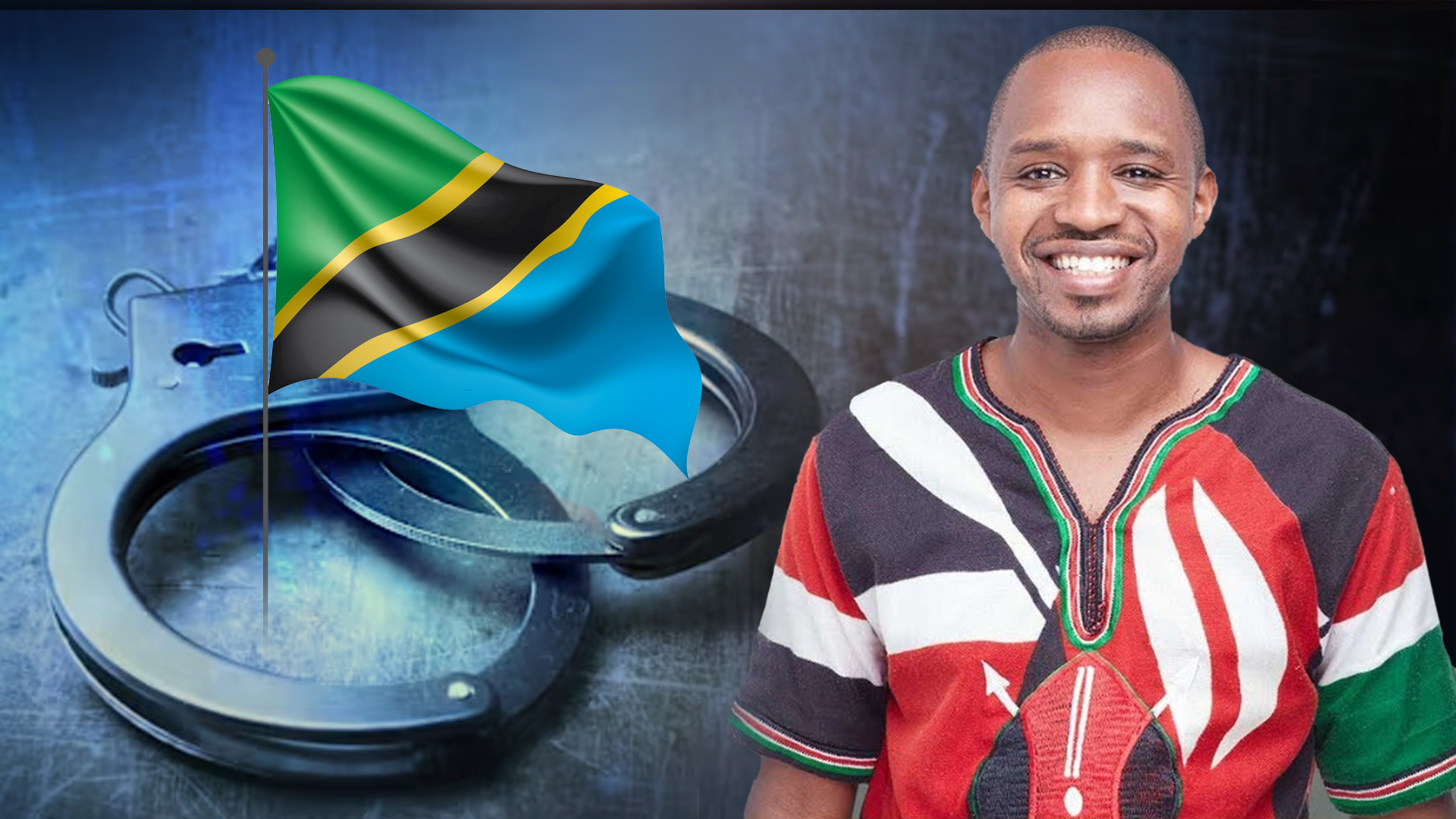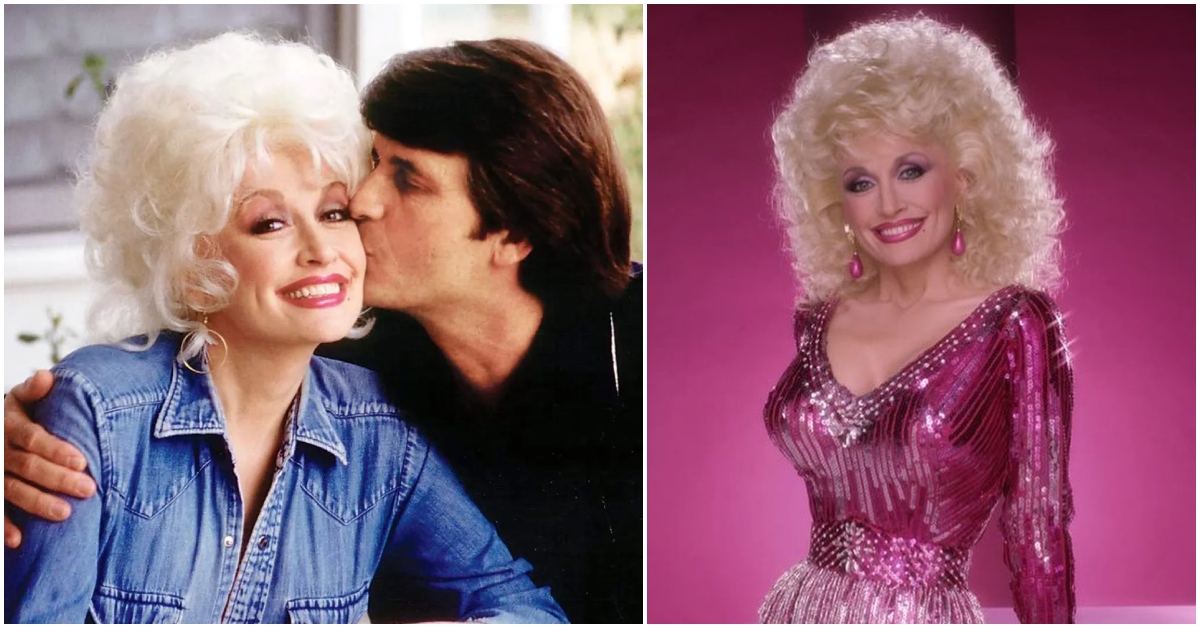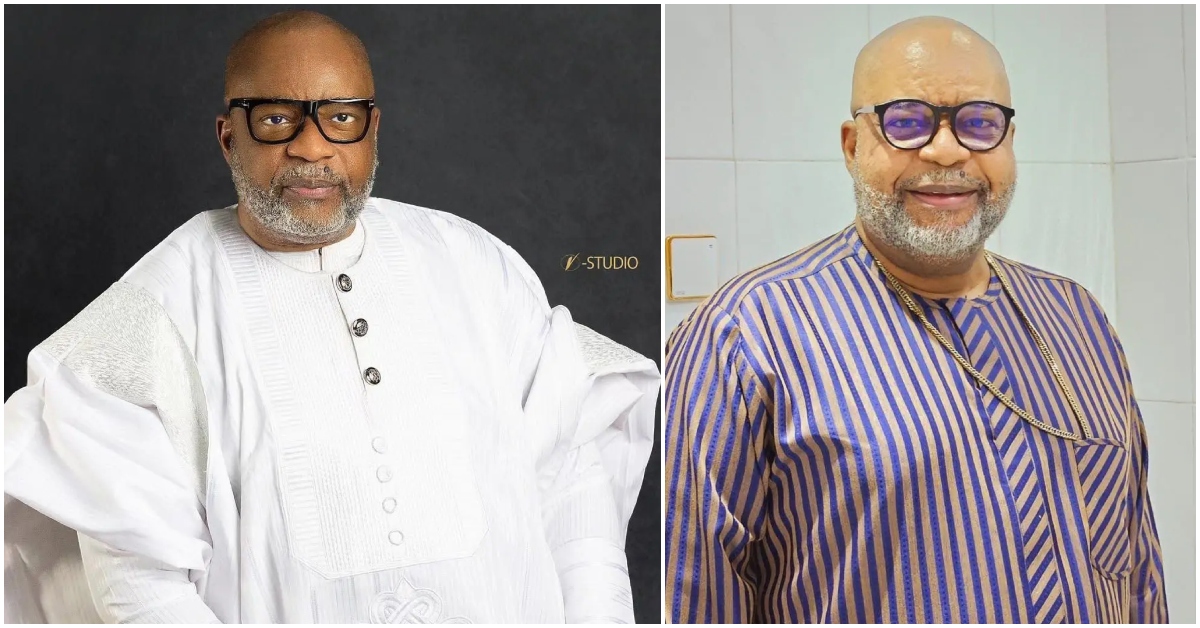Kenyan activist Boniface Mwangi has finally been released from Tanzanian custody after days of incommunicado detention that ignited national outrage and strained diplomatic ties between Nairobi and Dodoma.
Foreign Affairs Cabinet Secretary Musalia Mudavadi confirmed Mwangi’s release late Thursday, May 22, following mounting pressure from Kenyan civil society, outraged citizens, and diplomatic channels. But the circumstances of his release have only deepened the alarm.
According to his family, Boniface Mwangi was smuggled back into Kenya by road, then dumped in Ukunda, Kwale County, wounded, weak, and abandoned like a criminal. He was immediately rushed to hospital for urgent medical care. His condition remains unclear.
Mwangi had disappeared on Monday after traveling to Tanzania to show solidarity during the trial of opposition leader Tundu Lissu. His arrest and secret detention without charges, legal counsel, or communication amounted to an enforced disappearance, a serious human rights violation under international law.
The Kenyan Ministry of Foreign Affairs had, for days, accused Tanzanian officials of stonewalling efforts to locate the activist. Despite formal requests, Tanzanian authorities allegedly refused to confirm his whereabouts or status, further inflaming tensions.
As the dust settles, one truth remains: Boniface Mwangi, a fearless voice for justice, was targeted, silenced, and dumped for daring to stand in solidarity with the oppressed. His release is not the end—it is a warning to every voice of dissent in East Africa.
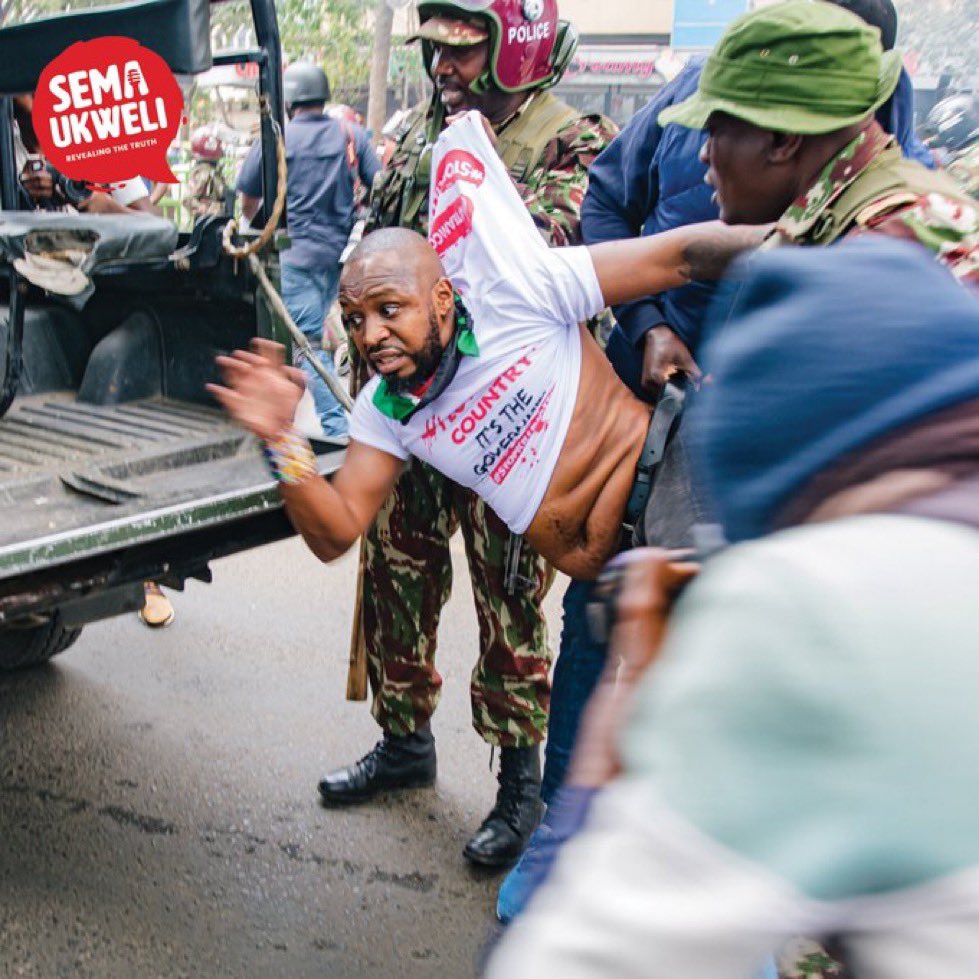
The question now: Who will be held accountable?
Who is Boniface Mwangi?
Boniface Mwangi is not just a name, he is a movement. A firebrand photojournalist, fearless activist, and unapologetic truth-teller, Mwangi has spent his life standing where others flinch: on the frontlines of Kenya’s darkest truths.
Born in Taveta, Kenya, on July 10, 1983, and raised amid poverty and instability, Mwangi turned pain into purpose. He rose from the margins to become one of the continent’s most defiant voices against corruption, police brutality, and state-sanctioned impunity. Where others saw danger, Mwangi saw duty.
His awakening came during Kenya’s 2007–2008 post-election violence, when he captured searing images of death, destruction, and despair. But the camera wasn’t enough. What he witnessed changed him—and he chose to become more than a witness. He became a warrior for truth.
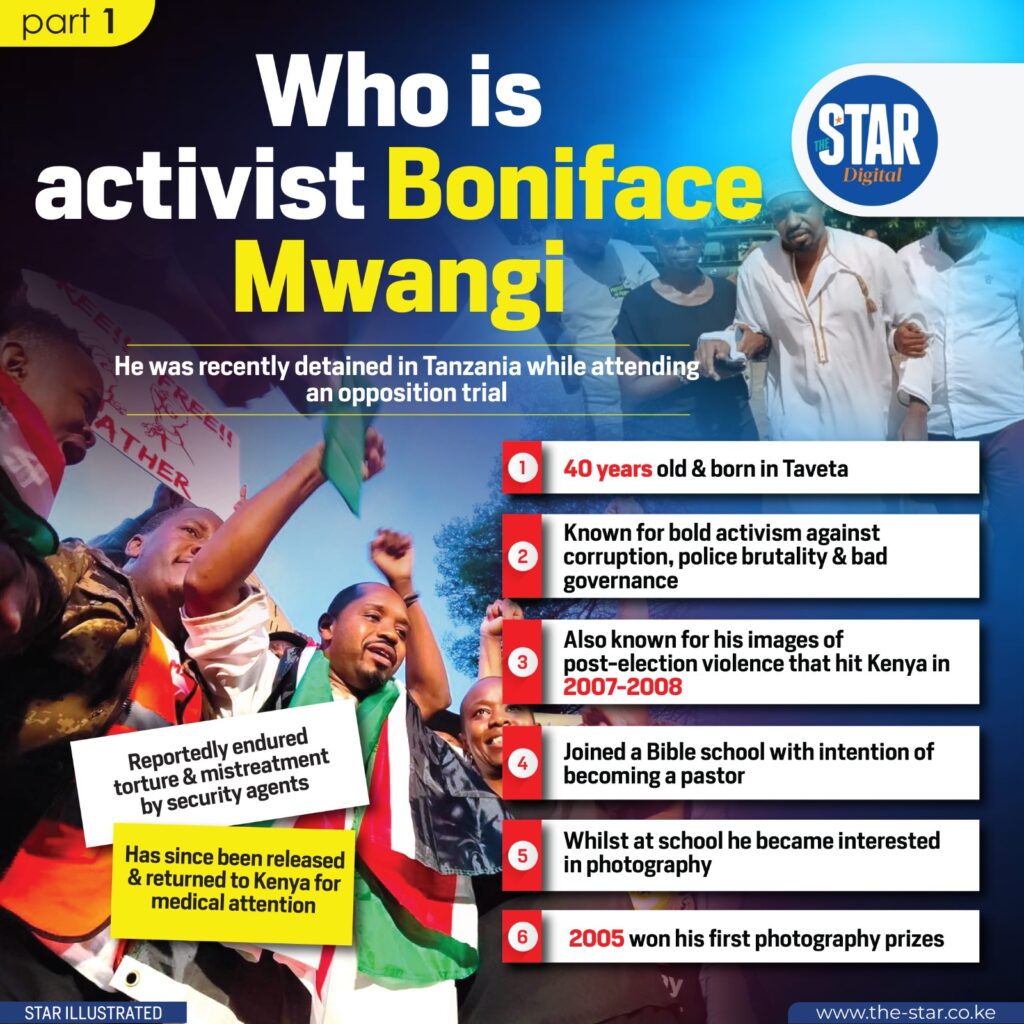
In 2009, Mwangi launched Picha Mtaani, a traveling photo exhibition that confronted Kenyans with their own pain—forcing a nation to look inward, and reckon. He then founded PAWA254, a revolutionary space in Nairobi for artists, activists, and dissidents to create, organize, and resist.
Mwangi’s activism has never been comfortable—it has been disruptive, bold, and raw. From graffiti protests and symbolic coffins outside Parliament to fiery speeches that shake the political elite, he has made enemies of the powerful by refusing to bow.
They’ve arrested him. Threatened him. Tried to silence him. But he persists.
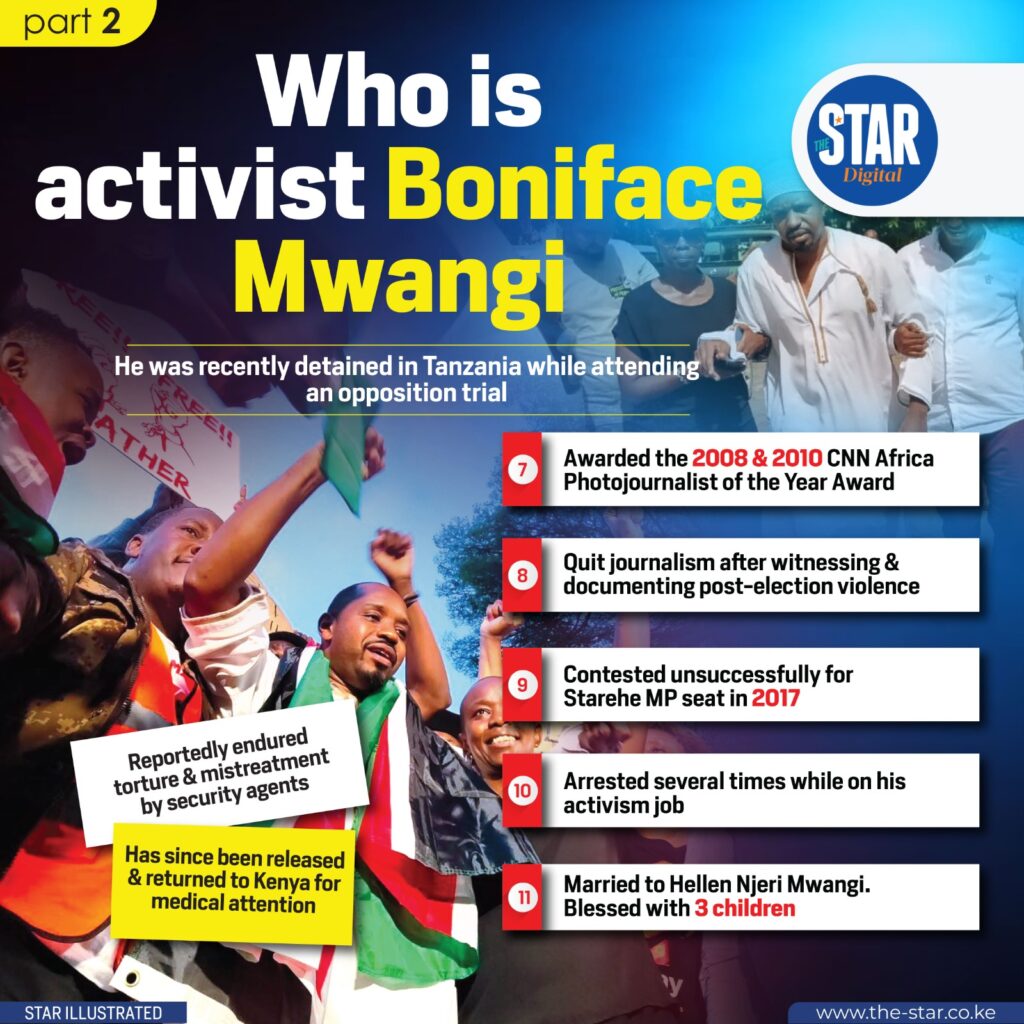
In 2017, he dared to run for political office under the Ukweli Party—not for power, but for principle. Though he lost the vote, he won a generation—showing that politics can be clean, honest, and people-centered.
His story reached the world in the award-winning documentary Softie, a raw portrait of a man torn between family and revolution, love and justice. It is the story of a father who fights for every child’s future, even as it costs him his own safety.
Boniface Mwangi is not a politician. He is a symbol of resistance. A rebel with a cause. A Kenyan who refuses to be silent in the face of tyranny. His life is a reminder that one voice—loud, unbought, and unafraid—can shake a nation awake.
